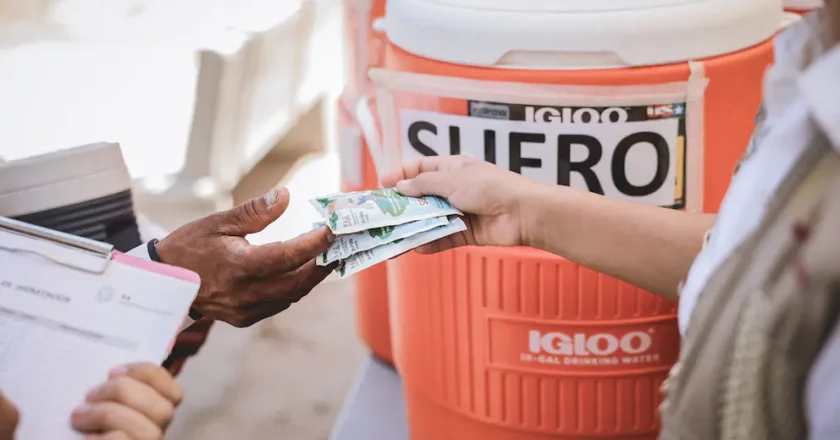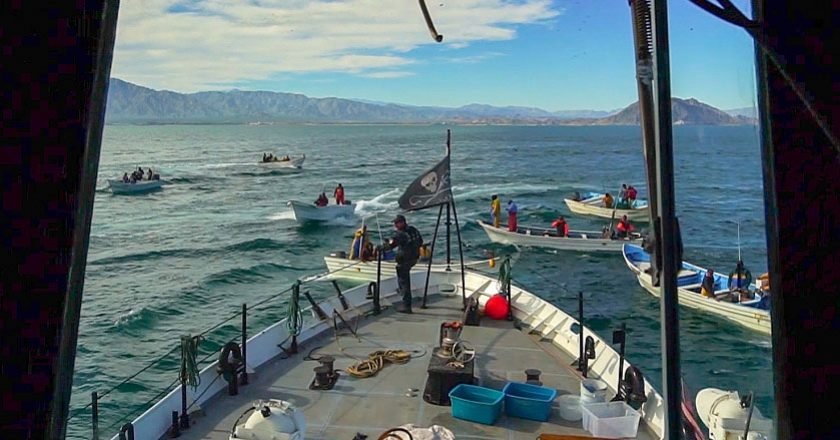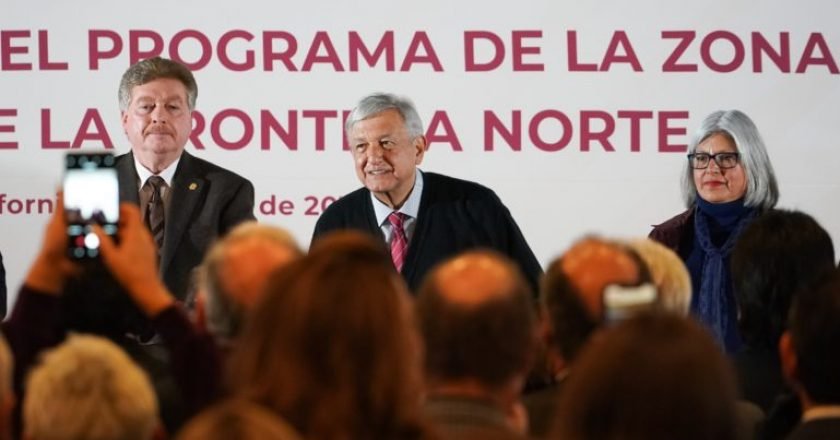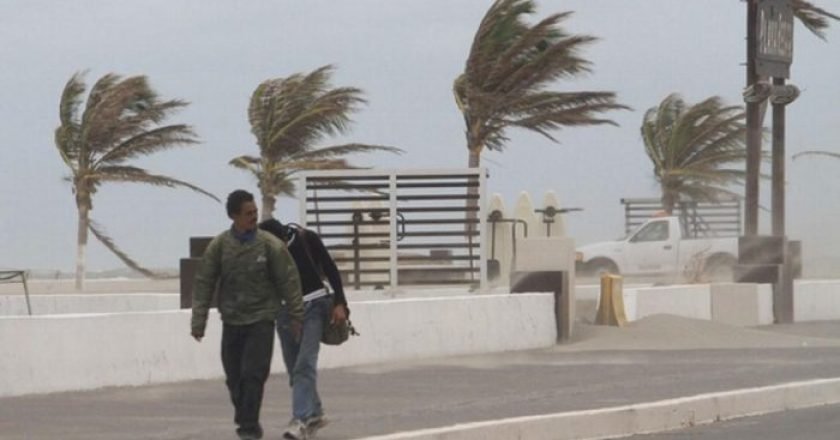The numbers are grim—46 lives lost in Baja California this year to heat-related causes, with nearly 250 others suffering serious effects. In response, the state has rolled out its “Verano Seguro” campaign, a life-saving effort to prevent more deaths as temperatures continue to climb.
On Friday, state health secretary José Adrián Medina Amarillas confirmed what many feared: 2024 has already broken records for heat fatalities, and summer hasn’t even peaked. “The first two deaths were agricultural workers,” Medina said, “which is why we’re getting ahead of this now.”
The state is deploying 300 hydration stations across Mexicali, the Valle, and San Felipe—strategically placed where they’re needed most: near agricultural zones and places where people experiencing homelessness gather. These mobile hubs will provide water, electrolytes, and a moment of relief for those enduring the furnace-like sun.
This isn’t just about numbers. It’s about the lives of people who work under the sun for hours without shade, and those with nowhere to sleep but the streets. Health teams will also be visiting packaging centers and job sites across the valley, hoping to intercept dehydration before it turns deadly.
Medina made it clear: recognizing heatstroke symptoms can make the difference between life and death. These include extreme body temperature, chills, confusion, and seizures. “It starts with internal overheating,” he explained, “and can spiral into system-wide collapse, brain damage, or worse.”
If you’re working outside, walking long distances, or even just stuck without AC, take this seriously. This is no ordinary summer—it’s a scorching, relentless gauntlet. And for some, hydration could be the only thing standing between them and tragedy.
Water isn’t just refreshing anymore. It’s survival.










